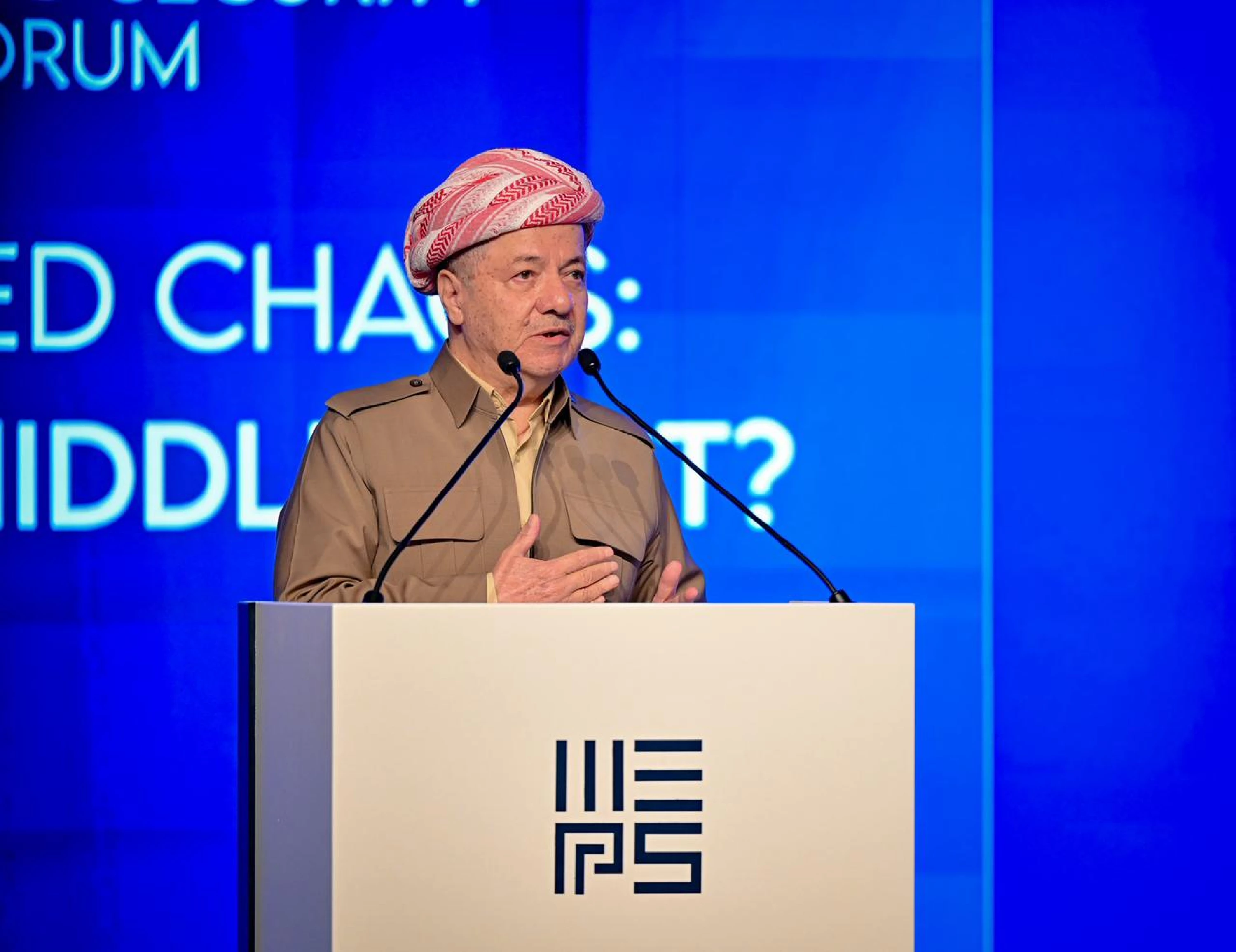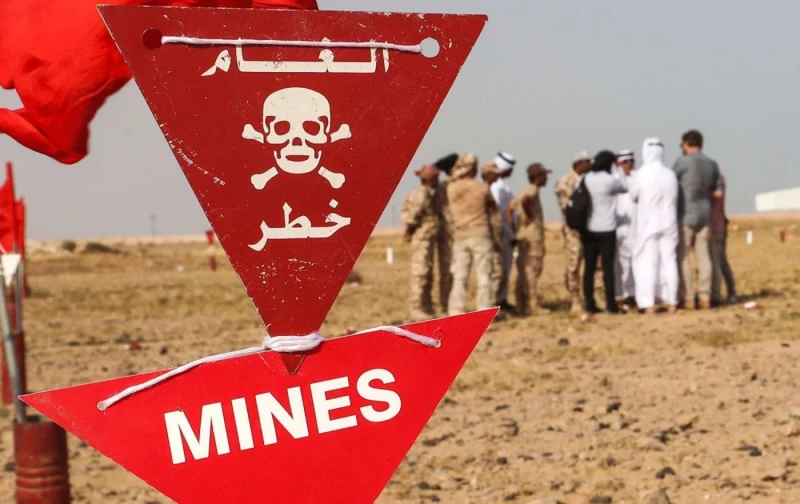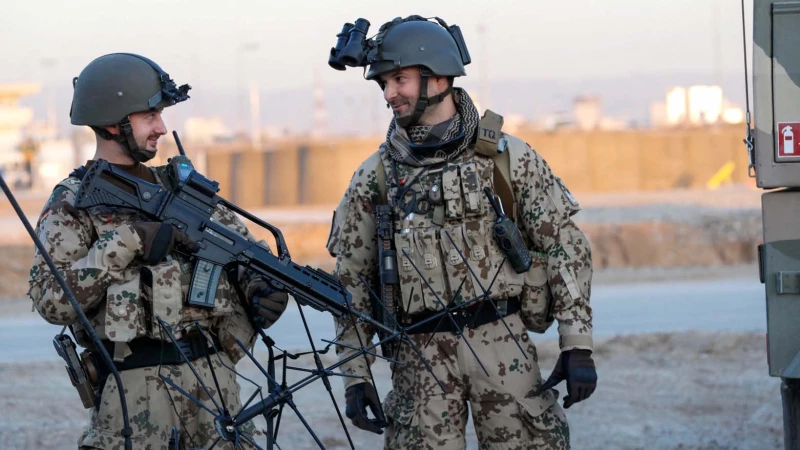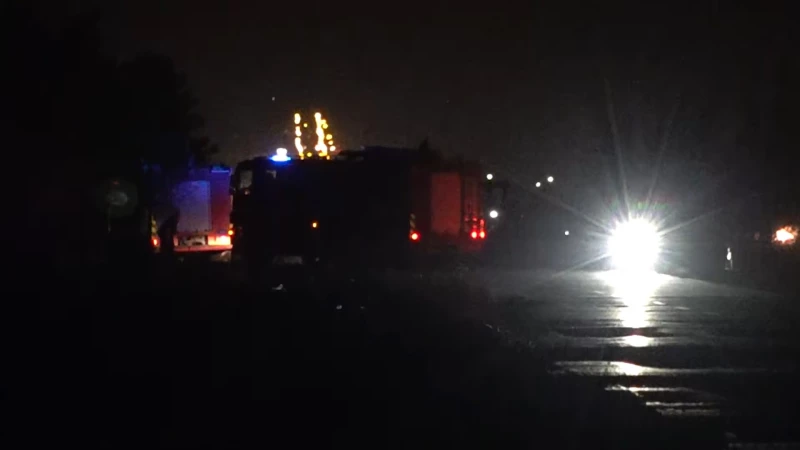ERBIL, Kurdistan Region of Iraq - President Masoud Barzani on Tuesday called on political leaders to deliver services to people in Iraq instead of empty rhetoric, stating that people across the country “are tired of slogans,” during his keynote speech at the sixth Middle East Peace and Security Conference (MEPS) in Duhok.
Iraq held its general parliamentary elections last week, the sixth since the 2003 US-led invasion. Barzani’s Kurdistan Democratic Party (KDP) gained over 1 million votes, securing 26 seats in the legislature, the most of any Kurdish party.
“People want action. They want electricity, they want roads, they want hospitals, they want proper education,” Barzani said. He previously praised the November 11 elections as technically successful, but said it must lead to concrete reforms.
The Kurdish leader called for amending Iraq’s election law, which he described as “unjust” and said that “many deserving people's rights were denied [because of the law], while undeserving people were awarded.”
Barzani also stressed the need to implement Article 140 of the Iraqi Constitution on disputed territories, and emphasized the significance of drafting a national oil and gas law.
Article 140 of the Iraqi Constitution mandates a process to outline a clear and definitive boundary in the disputed territories by introducing a referendum to determine the will of the residents living in those areas. The implementation of the article has been continuously delayed by the Iraqi federal government.
Government formation
Kurdistan Region’s elections were held in October last year. Over a year later, the two rivaling parties, the KDP and the Patriotic Union of Kurdistan (PUK), who have traditionally shared power, have yet to form the 10th cabinet due to disagreements over posts. The Region’s parliament has also only convened once since.
“The circumstances that exist after the federal elections are not the same as before. According to electoral entitlement, every side must receive its rights,” Barzani told the forum, adding that he called on parties with seats to form a broad government immediately after the results, but they refused.
Security threats
On security, Barzani stressed that there is a bigger danger than terrorism, which is narcotics. “In my view, this is more dangerous than all” other threats, he said, stressing that many youth “from Kurdistan to Basra have been afflicted with this disease.”
The Kurdish leader called for coordination between the regional and federal governments to combat the phenomenon.
"Those who have traded in them are very major criminals. Those who have established factories for narcotics are more criminal than those traders," Barzani said, demanding they be "punished and brought to justice."
Iraq, with its extensive borders with Syria, Iran, Saudi Arabia, and Kuwait, has evolved from a transit route to a significant drug consumption market. Authorities in both the Kurdistan Region and Iraq have increased their efforts in recent years to root out the problem.
Over 6,700 suspects have been arrested between 2022 and mid-2025 on drug-related charges, including more than 3,300 dealers, according to the Kurdistan Region’s anti-narcotics directorate.



 Facebook
Facebook
 LinkedIn
LinkedIn
 Telegram
Telegram
 X
X


